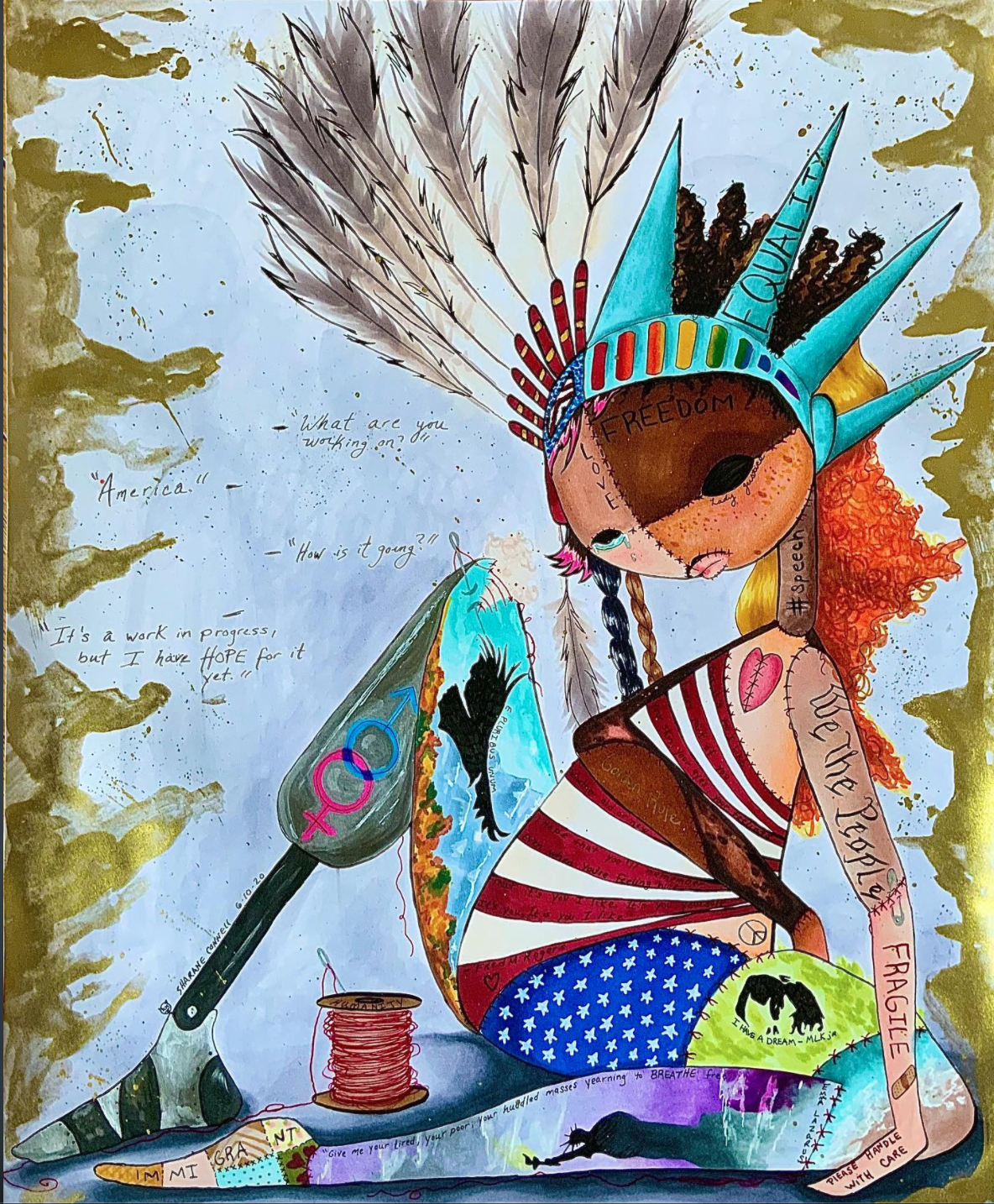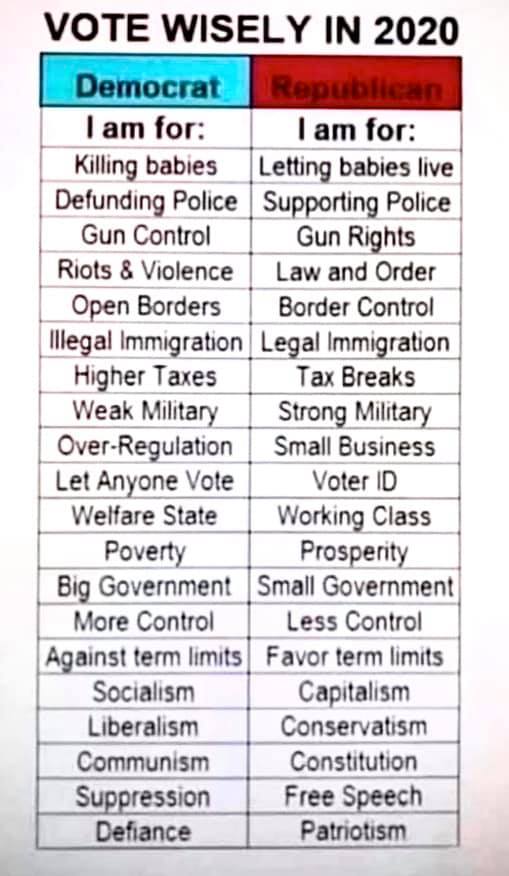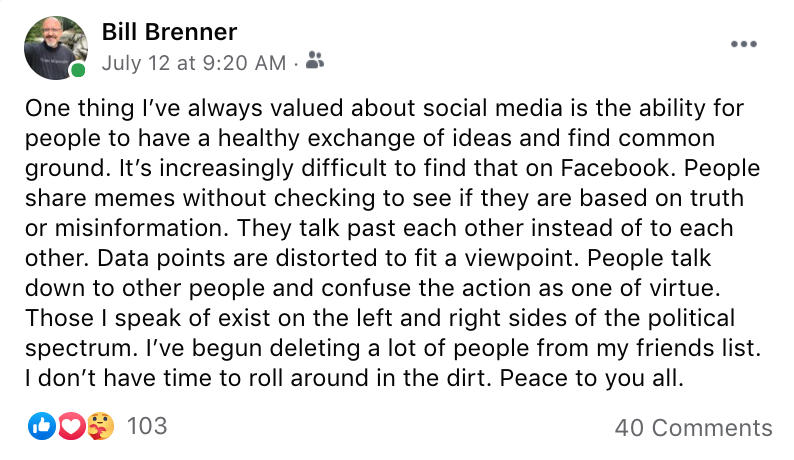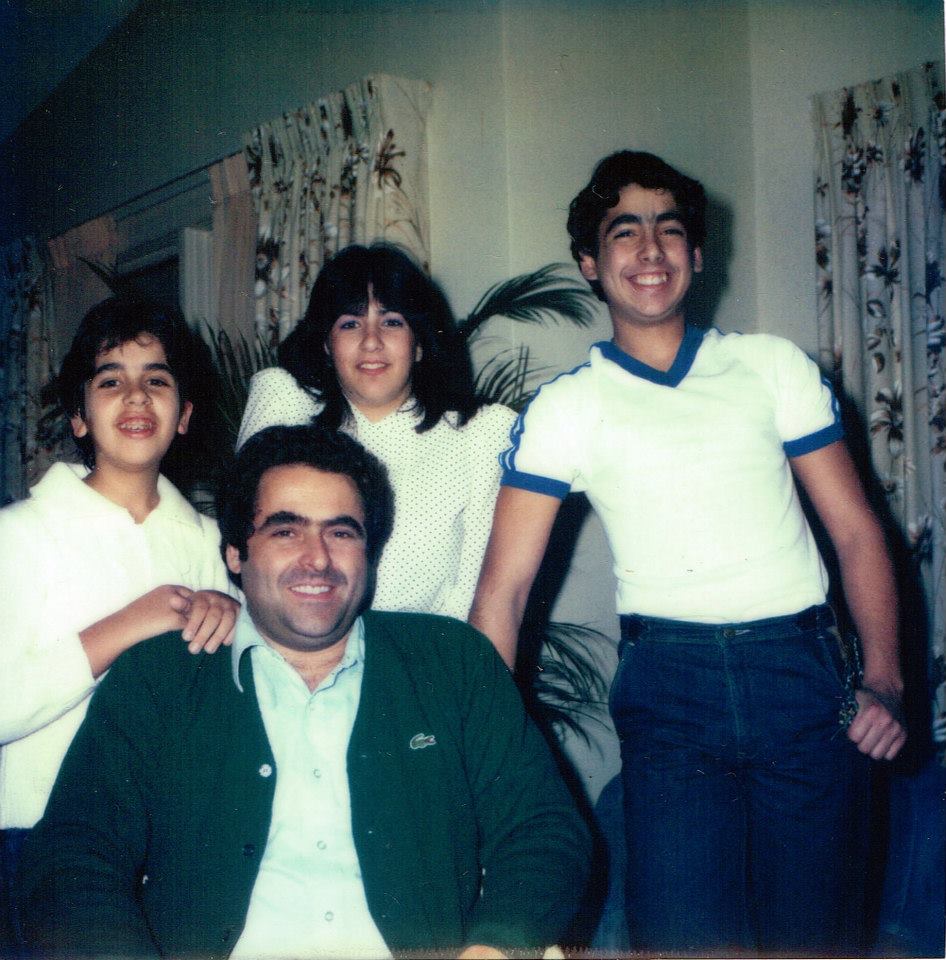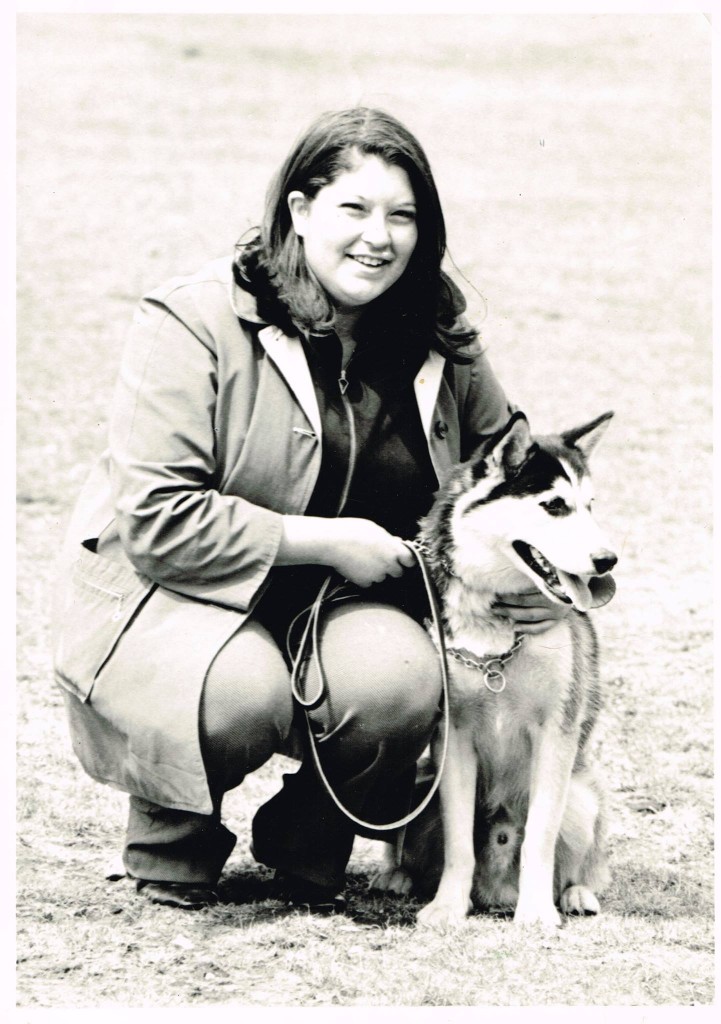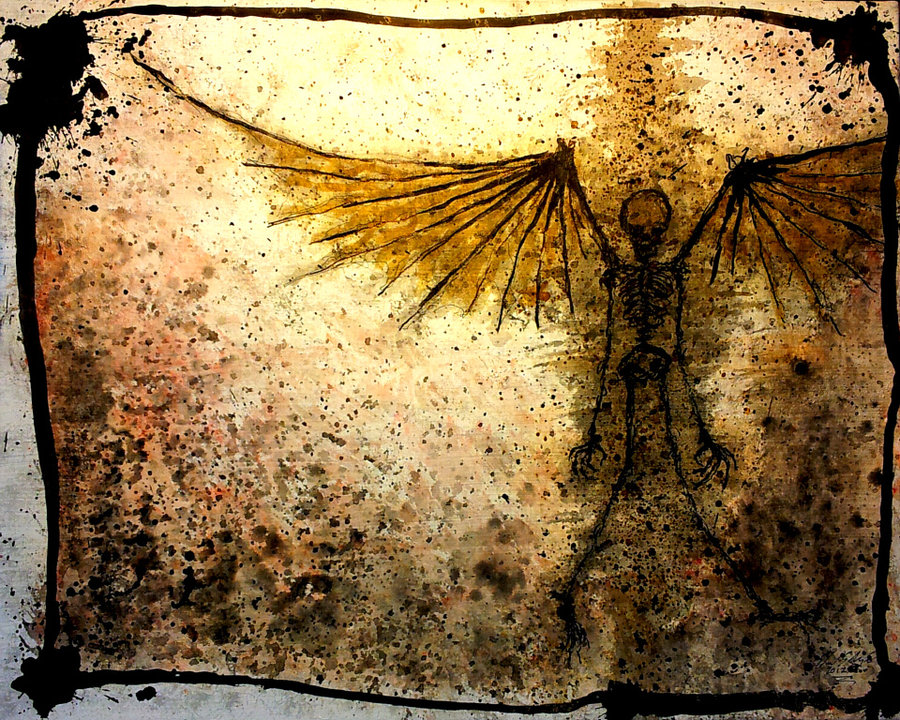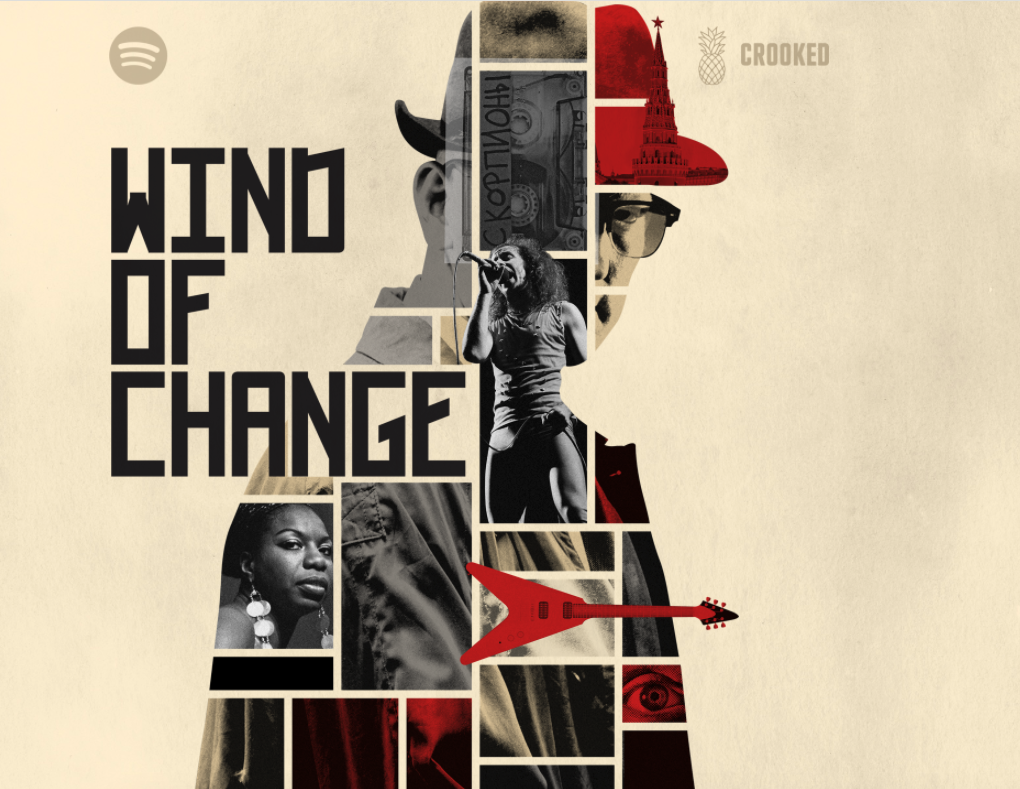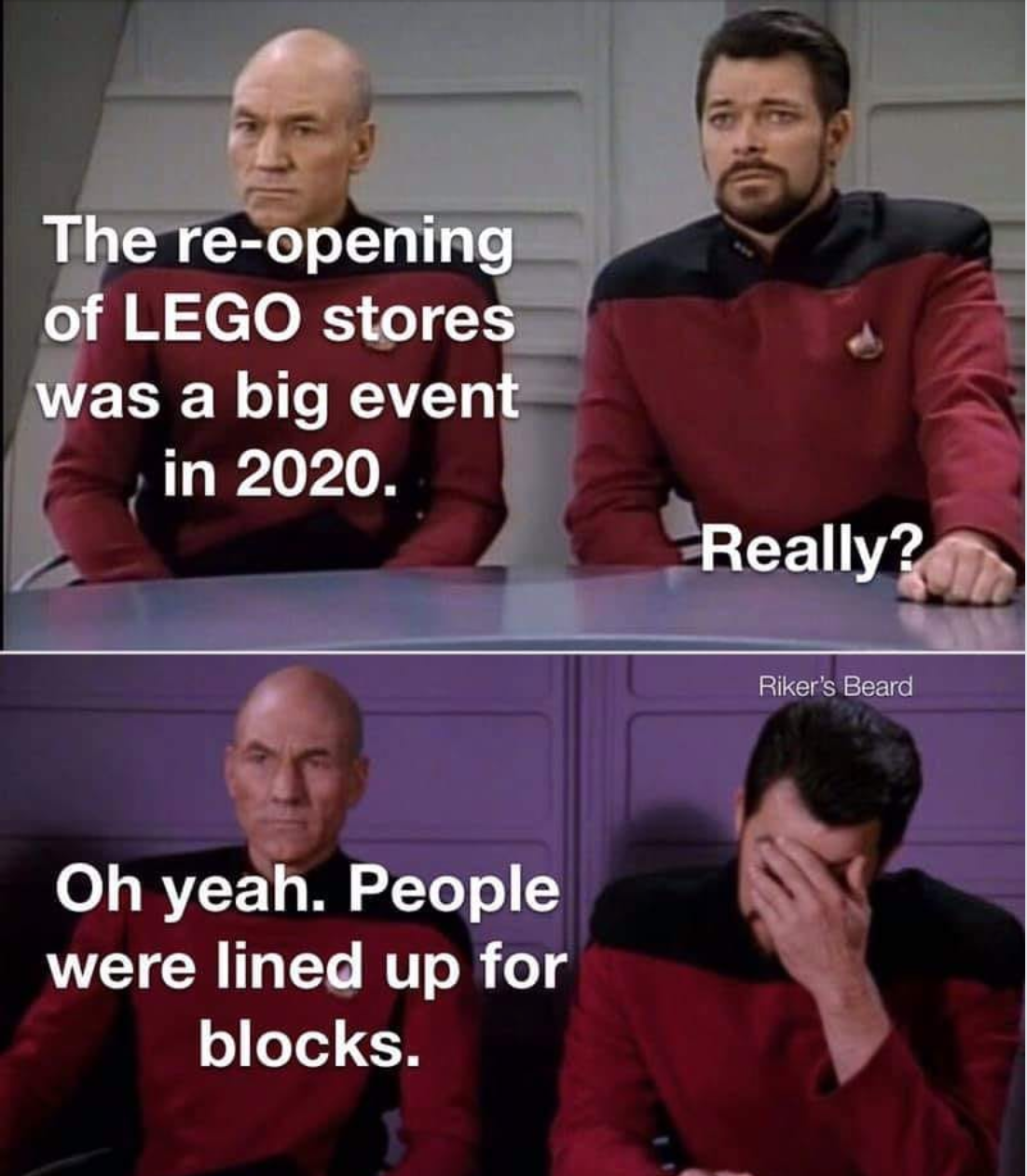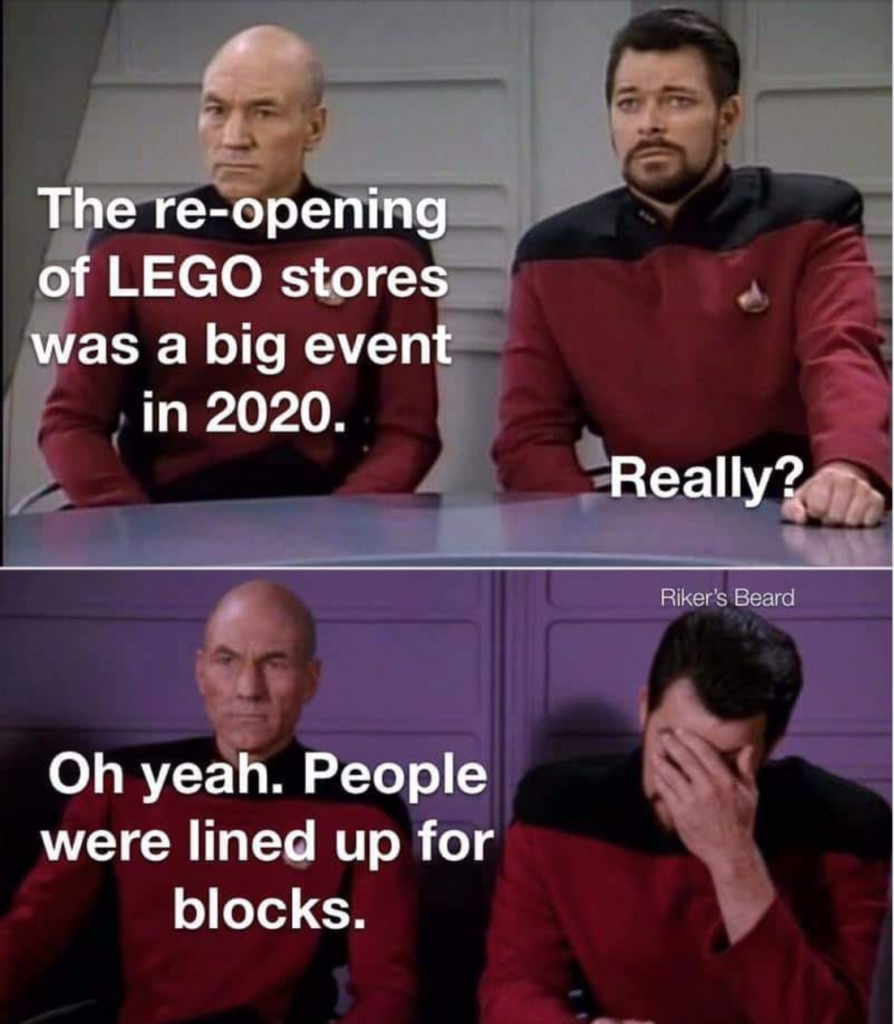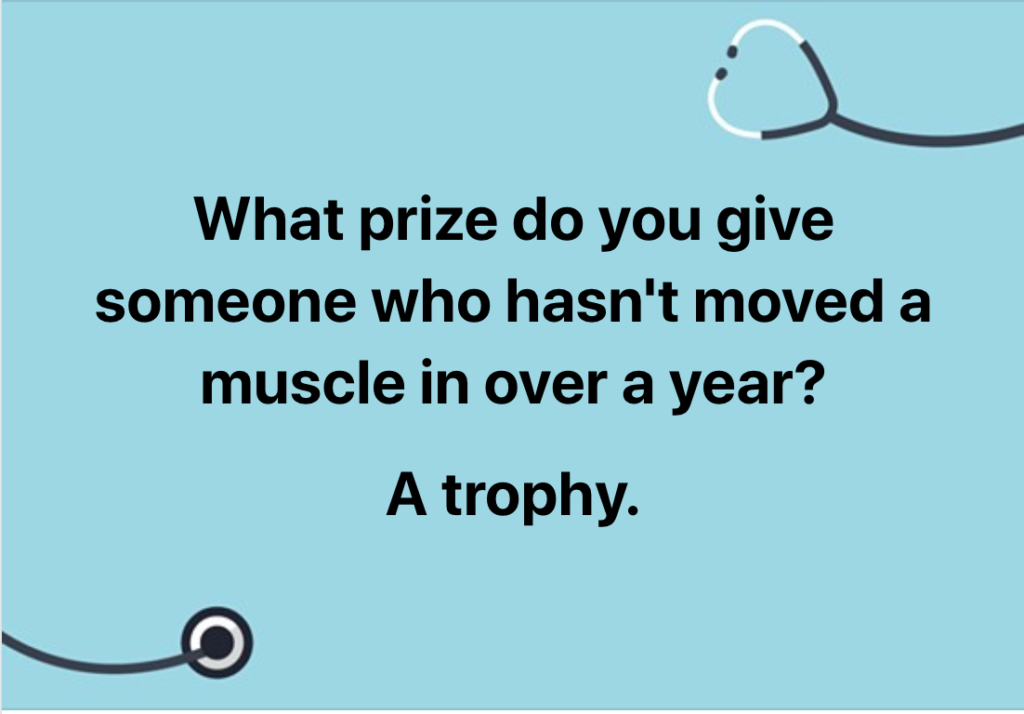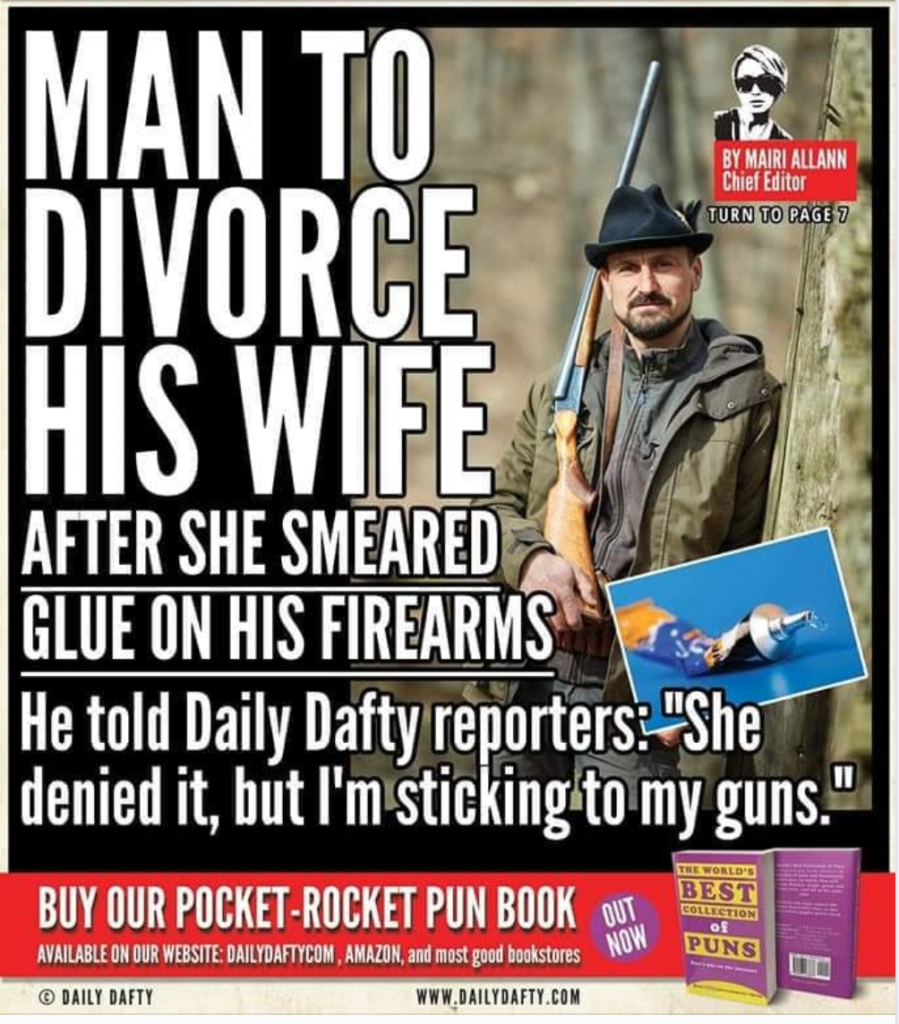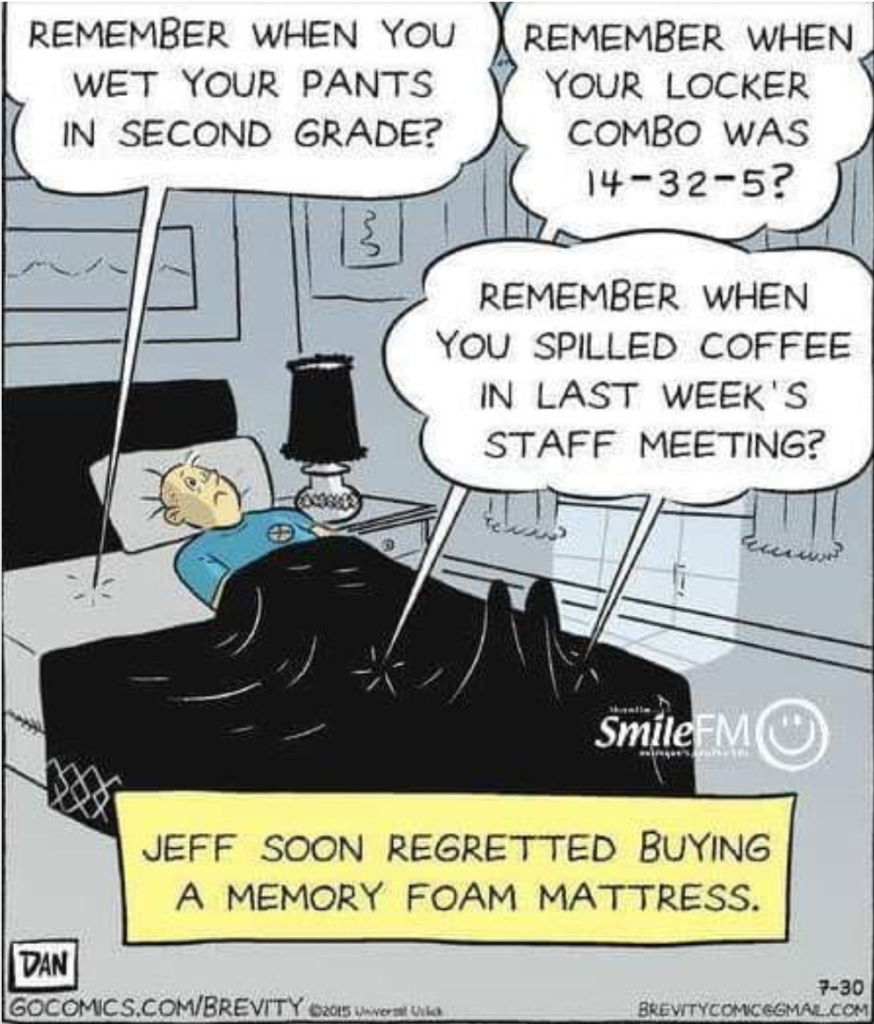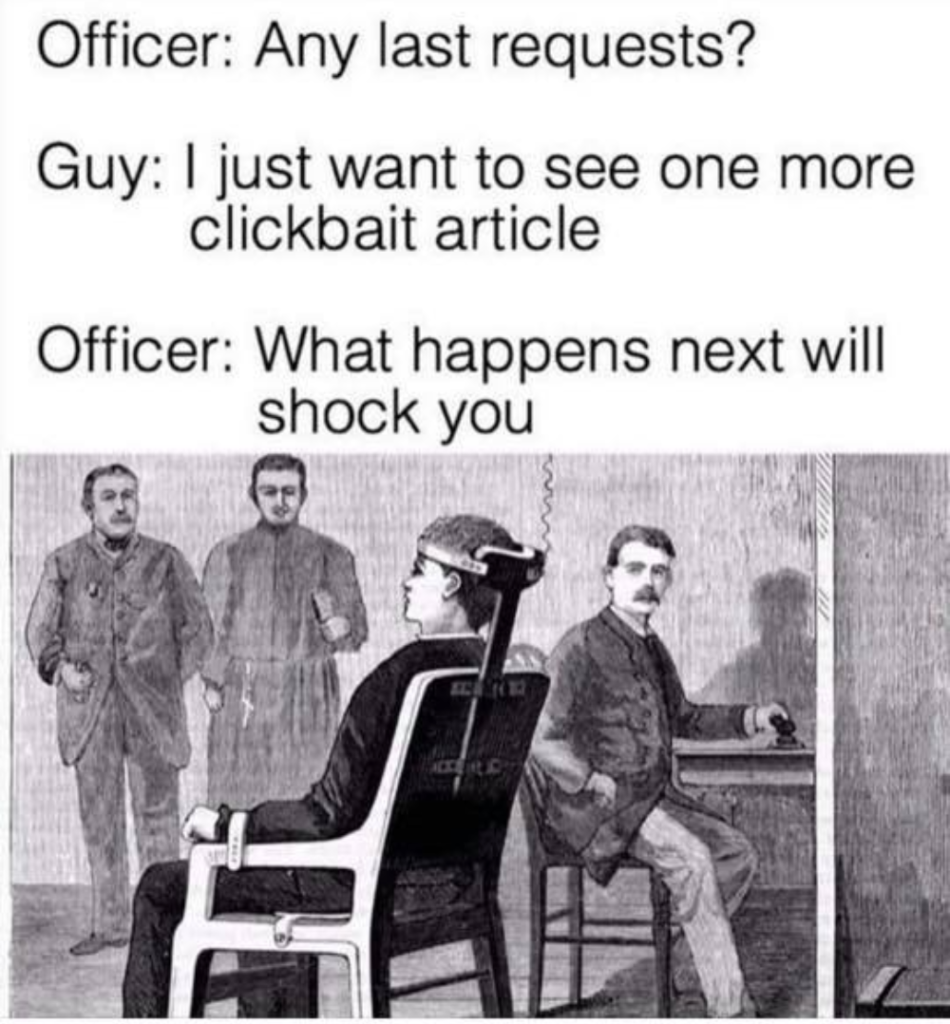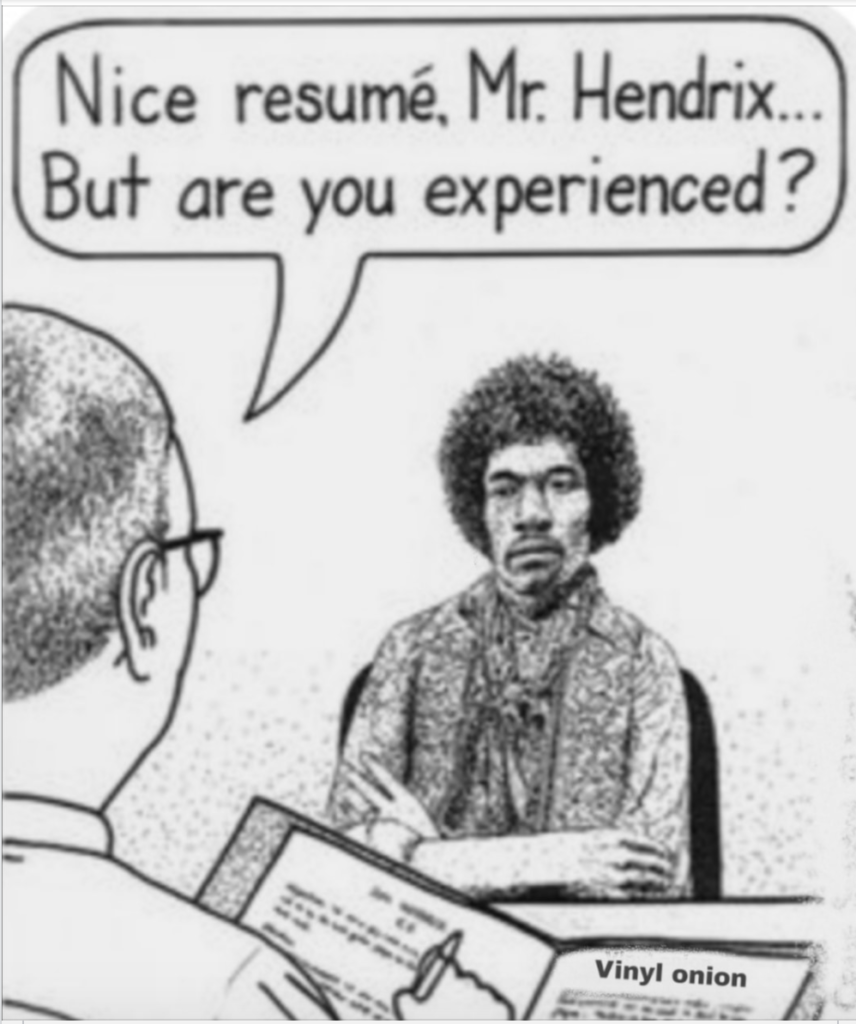When it comes to politics, I claim neither purity nor perfection. Mine are simply a set of beliefs collected through life experiences and a vigorous read of history.
One thing I’ve always tried to do is be open, adjusting those beliefs in the face of fresh evidence. Such evidence has come my way more times than I care to admit. To me, the ability to be flexible in this arena is necessary for personal growth, evolution and my usefulness to society.
I spent part of my teens and early 20s as a libertarian before swinging the other way toward left-wing liberalism.
By the time I reached my 30s and since then, my political leanings have remained mainly in the middle. I vote for Democrats and Republicans, depending on who I think shows the best ability to lead.
I like a vigorous debate between those on the left and right. When the country faces a crisis like the current pandemic, I prefer that leaders be willing to cast aside parts of their ideology and meet the other side halfway to do what’s necessary.
Most people agree that the current situation is dangerous — a new virus we’ve failed to get accurate measurements on, resulting in people forced to stay home, keep their distance and freeze the economy.
Most people agree Congress must pass another massive emergency aid package as the economy plunges to depths unseen since The Great Depression.
Most people agree we need far more extensive testing and that without a more accurate count of who is sick and who isn’t, most other data points are useless.
But the public discourse has become overrun by people from both political extremes.
Many on the far right are shouting that continued social distancing and mask mandates are acts of tyranny, that this is local and national government grabbing power for power’s sake.
Many on the left argue that those who want social distancing to end are heartless tyrants themselves, willing to sacrifice grandma and countless other lives out of a selfish need to restart the economy.
We continue to argue and vilify each other. This scenario is now playing out against the backdrop of the 2020 presidential election. People at one extreme believe universal mail-in voting is the only way to stay safe. People at the other extreme insist mail-in voting is a recipe for massive fraud and will undermine the accuracy of the election.
President Trump, who has skillfully played the emotions of both extremes like a master conductor, claims mail-in voting will rig the election against him, even as his policies undermine the U.S. Postal Service, increasing the likelihood that things will go wrong.
As I sit here in the center, it looks to me like the far left and far right are easily played, becoming outraged at the drop of a dime. If you disagree with the far left, you’re a fascist too dumb to know what’s correct. Trump knows how easily riled they are and presses their buttons effectively. The far-right casts aside reality not because they lack intellect but because they’re convinced they’ve been lied to over and over again. Yet some of the things they’ve been willing to entertain as truth boggles the minds of centrists like me.
Against that backdrop, here’s what I believe:
- Mail-in voting is no different than absentee voting, which has mostly worked for decades. If it worries you, spend less time crying foul and more time demanding that the postal service receive all necessary resources to make this work.
- Americans are spoiled when it comes to election results. Except for 2000, we’ve had an outcome on election night for decades. To make mail-in voting accurate, we should be willing to wait weeks and even a month or two for careful counting and recounting. Then, it will be harder to discount the election outcome’s legitimacy, no matter who wins.
- Though I think mail-in voting can work, I also believe in-person voting can as well. Most of us make regular trips to the grocery store, where we spend a good hour (I do, anyway). Voting can be a quicker process, if everything possible is done to provide enough polling places and move people along. You just follow the same rules as you do with every other outing. Mask up and don’t linger.
- With a hybrid approach, we can have a fair election.
- The government has grown rotten and we’ve been lied to repeatedly. If the government tells you something is necessary, it’s not the act of an uncaring person to be skeptical. In fact, it’s a healthy reaction.
- But it’s not enough to sit around and bitch about it. People of all political leanings must demand more transparent government. That’s a cause as worthy of the kind of protest we’ve seen with Black Lives Matter (peaceful protest, not the looting and vandalism that rightly sparked outrage). As the late John Lewis used to say, some things are worth causing “good trouble” for.
- The Founding Fathers built this nation to avoid extreme outcomes. Checks and balances demands compromise.
- It’s fine, even appropriate, to look on government officials with skepticism. Both parties have done things to make the American experience a terrible one in this regard. New York Gov. Andrew Cuomo — a Democrat — is often lauded as an example of good leadership in the pandemic but some of his early decisions were disastrous, particularly his order to put COVID-19 patients in nursing homes, which infected and killed people who might still be with us today. Florida Gov. Ron DeSantis — a Republican — refused early on to institute safety measures. Florida is now a hotbed of sickness and death.
- Some claim the pandemic itself is a conspiracy and a scam. It doesn’t take a genius to see that when there are millions of sick and dead people out there it’s real. I know several people who got sick and at least one who died.
The only way America will endure is if many more people meet in the middle and cast aside tribalism for the greater good. That means doing or not doing things that would seem appropriate in normal times.
These are not normal times.
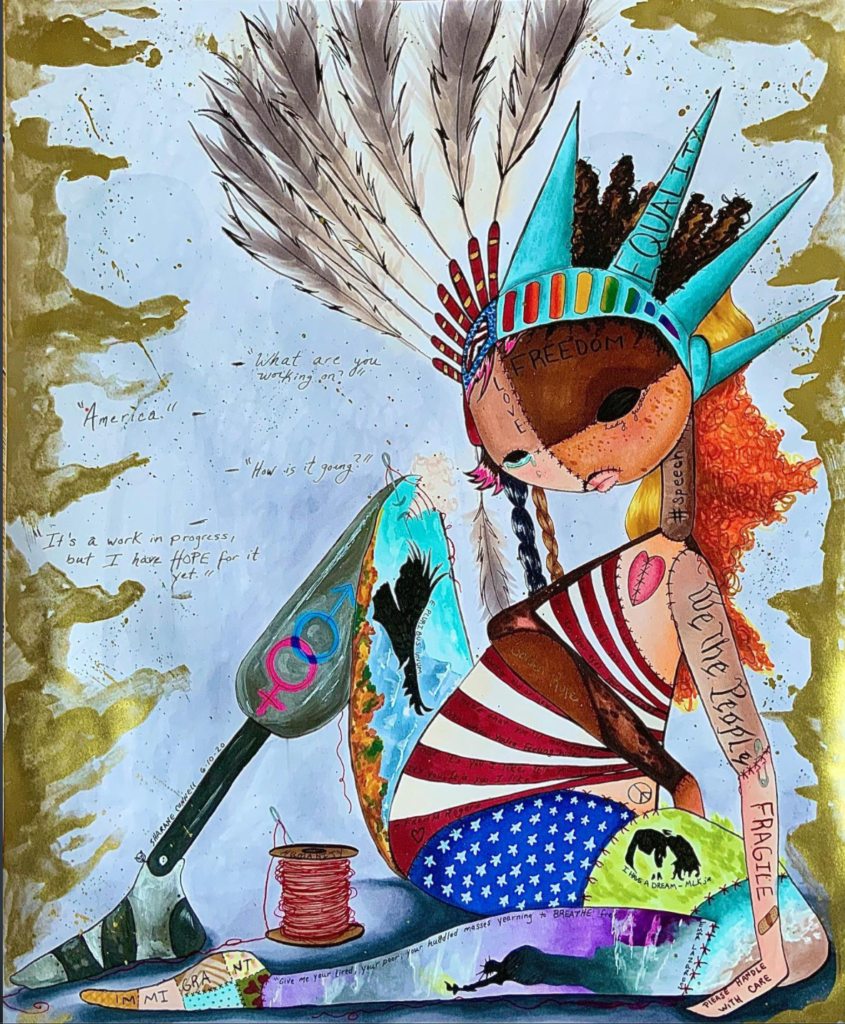
Editor’s note: Prints of “American Ragdoll” are for sale, with all proceeds being donated to the Elizabeth Stone House in support of survivors of domestic violence in the Boston area. If you’d like your own print, email sharanewild@gmail.com.

